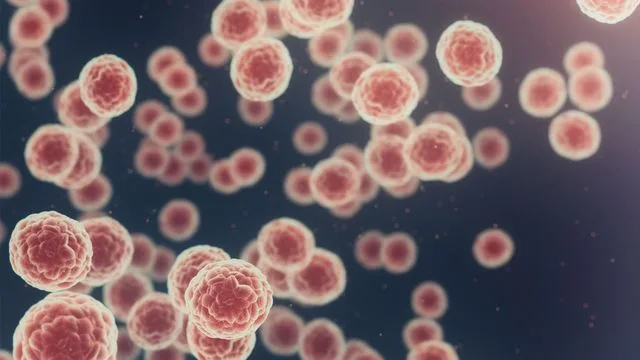Unlocking Cancer’s Secrets: How Viral Mimicry Research Could Revolutionize Immunotherapy
Groundbreaking research is shedding light on how our body’s innate immune system recognizes and combats cancer. By studying how cancers cleverly mimic viral infections, scientists are uncovering crucial insights that could lead to more effective immunotherapies and cancer vaccines. This innovative approach, known as viral mimicry modeling, is paving the way for personalized cancer treatments and improved patient outcomes.
Understanding Viral Mimicry in Cancer
Cancer cells sometimes employ a deceptive tactic: they imitate viral infections. This ‘viral mimicry’ tricks the immune system into reacting as if the body is under viral attack. Researchers are meticulously studying this phenomenon to understand:
- How cancer cells activate antiviral signaling pathways.
- Which specific viral features are mimicked by different cancers.
- The impact of this mimicry on the tumor microenvironment.
The Role of Innate Immunity
The innate immune system is our body’s first line of defense. It’s a rapid-response team that immediately reacts to threats like viruses and bacteria. This research focuses on how the innate immune system detects and responds to the viral mimicry signals from cancer cells.
Key aspects being investigated:
- Identifying the specific sensors within the innate immune system that recognize viral mimicry.
- Understanding the downstream signaling pathways that are activated upon detection.
- Determining how these pathways can be manipulated to enhance anti-cancer immunity.
Implications for Immunotherapy and Cancer Vaccines
The insights gained from this research have the potential to revolutionize cancer treatment:
- Improved Immunotherapies: By understanding how cancers evade the immune system through viral mimicry, scientists can develop therapies that overcome these evasive tactics.
- More Effective Cancer Vaccines: The research could lead to the development of vaccines that specifically target the viral mimicry mechanisms in cancer cells, boosting the immune system’s ability to recognize and destroy tumors.
- Personalized Treatment Strategies: Identifying the specific viral mimicry profiles of individual cancers could allow for tailored immunotherapeutic approaches.
Final Overview
The study of viral mimicry in cancer is a promising avenue for developing innovative cancer treatments. By unraveling the complex interactions between cancer cells and the innate immune system, researchers are paving the way for more effective immunotherapies and cancer vaccines, ultimately improving the lives of patients battling this disease. This research underscores the power of understanding fundamental biological processes in the fight against cancer.




+ There are no comments
Add yours